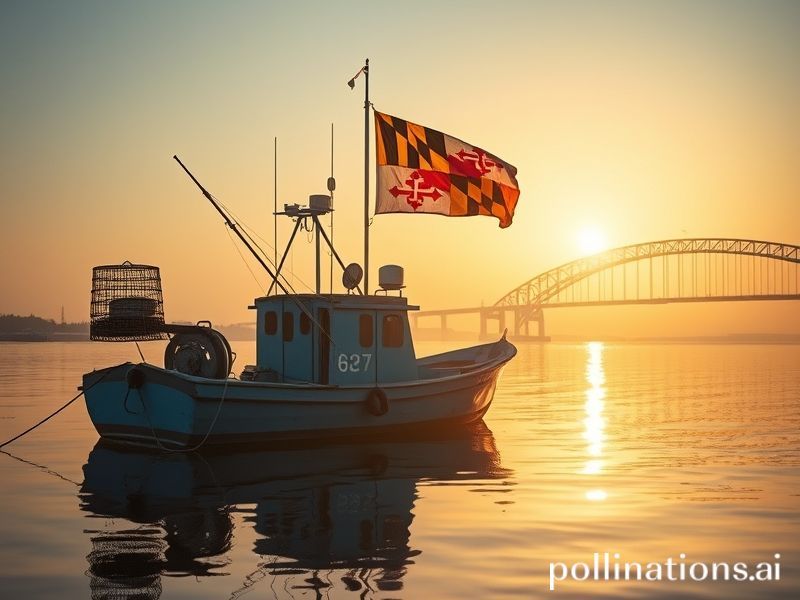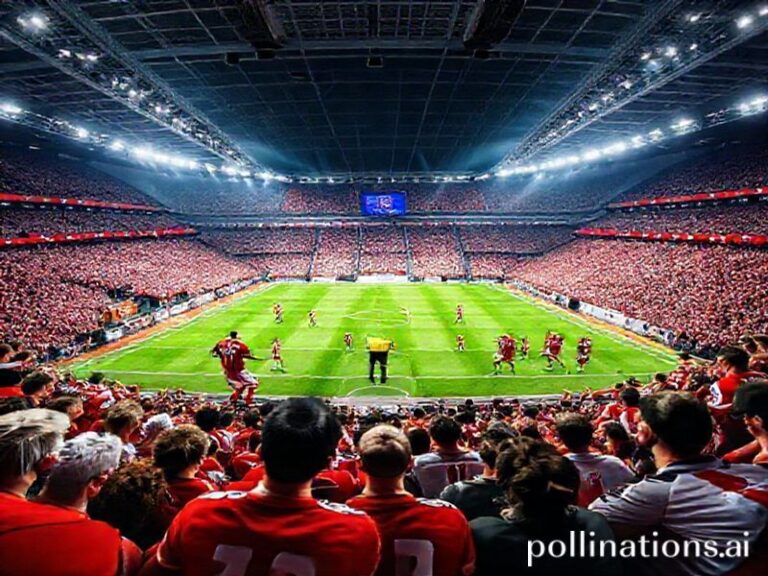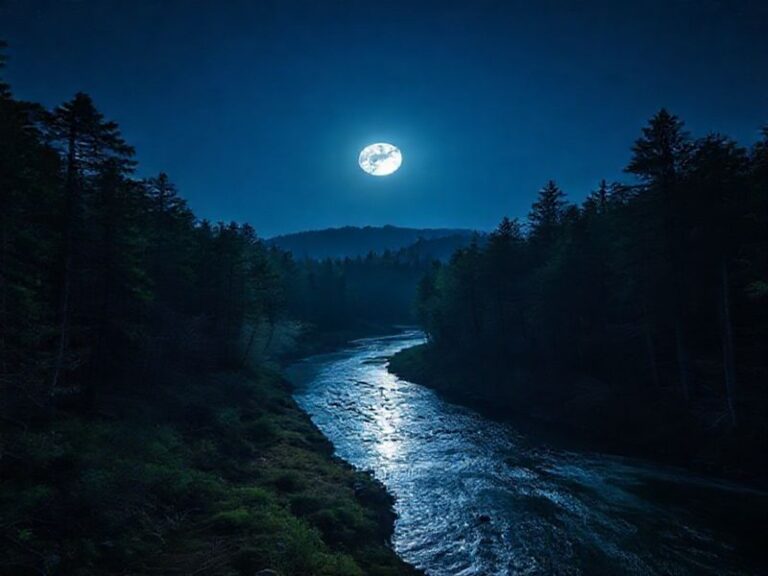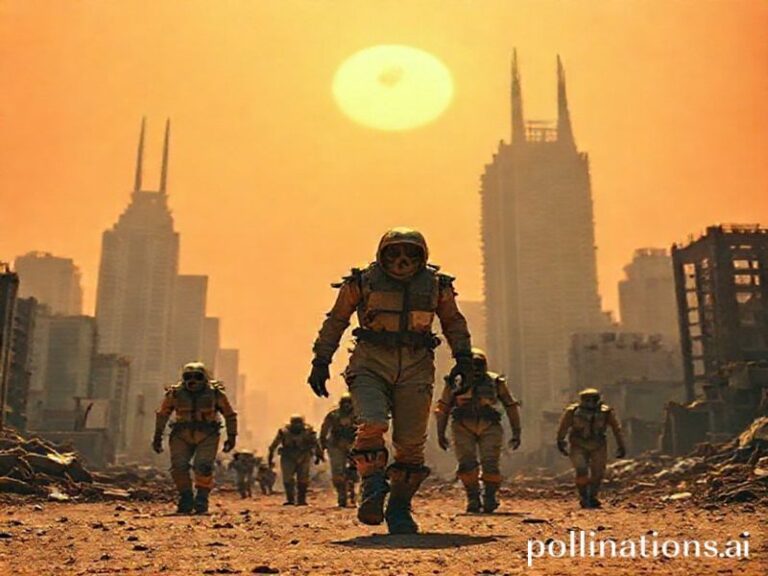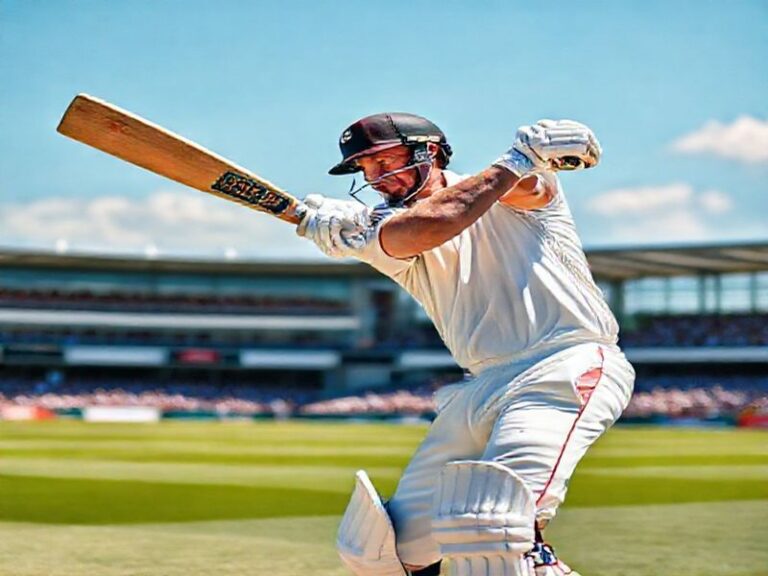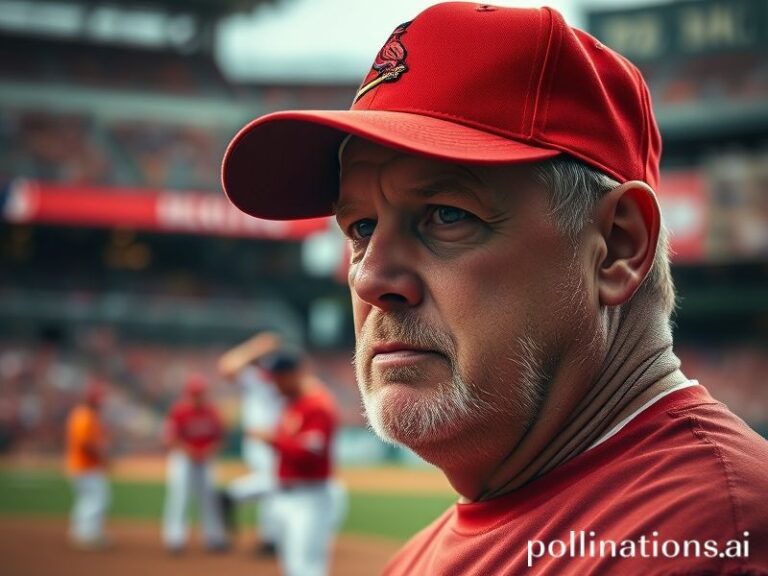Maryland: How a Tiny U.S. State Became the Planet’s Shadow Capital of Power, Panic, and Perfect Crab Cakes
Maryland: The Crab Cake Republic Quietly Running the World While Everyone Argues About Texas
In the grand geopolitical theater, Maryland is the understudy who never forgets a line and occasionally steals the show while the leads are busy having a nervous breakdown. Wedged between the Potomac’s toxic nostalgia and the Chesapeake’s slow-motion ecological suicide, this mid-Atlantic sliver—barely larger than Slovenia—punches so far above its weight that the International Monetary Fund keeps a tasteful blue-and-gold crab mallet on the desk just in case.
From Brussels to Beijing, policy wonks know the state as the zip code that prints money. Fort Meade’s server farms host more encrypted secrets than the Vatican’s confessionals; one misplaced thumb drive there could wipe more national portfolios than a Greek referendum. When the European Central Bank wants to test whether a cyberattack could crater the euro overnight, it doesn’t war-game Frankfurt—it rents time in a bland Columbia office park between a Pilates studio and a vape shop.
Meanwhile, the Johns Hopkins Bloomberg School of Public Health has become the planet’s de facto World Health Organization gift shop. During the pandemic, countries that couldn’t spell “Baltimore” were refreshing its dashboards like crypto addicts on margin. When Botswana needed to know whether Omicron was a Greek letter or an existential threat, it emailed Hopkins before it phoned Geneva. The server replied in 0.3 seconds, auto-signed “Go Terps,” which is either school spirit or the sound a global economy makes when it hyperventilates.
The port of Baltimore—recently widened to accommodate ships the size of depressed Baltic republics—now handles more imported French champagne than the whole of Marseilles. Somewhere in that cargo, nestled between foie gras and regret, rides a single container of cobalt mined by artisanal Congolese entrepreneurs whose life expectancy is shorter than a TikTok trend. The cobalt will power Teslas driven by Bethesda consultants who lecture their au pairs on sustainability, proving that the supply chain is just colonialism with better branding.
And then there’s the cuisine, Maryland’s soft-power coup. The crab cake, a glorified fish nugget for people who can pronounce “Old Bay,” has become the diplomatic equivalent of a Swiss bank account. At G20 summits, when negotiations over carbon tariffs collapse into recrimination, aides wheel in silver platters of lump backfin. Within minutes, even the Brazilian delegation forgets it was threatening to torpedo the Amazon clause. The UN is reportedly drafting a resolution declaring Old Bay a controlled substance under the Chemical Weapons Convention, but enforcement is tricky: inspectors keep getting distracted by boardwalk fries.
Of course, nothing this lucrative escapes entropy. Sea-level rise is turning Annapolis into Venice with worse parking; the governor’s mansion may soon require a gondola dock. Realtors, ever the optimists, have rebranded flood zones as “waterfront-adjacent” and raised prices accordingly, because if the planet’s ending, at least build equity first.
Yet for all its quiet dominion, Maryland remains endearingly neurotic. It prints the world’s reserve currency of power but still obsesses over whether the Ravens’ quarterback is elite. It can calibrate a drone strike from a Laurel strip mall but can’t figure out how to keep rats out of the governor’s palace. In that contradiction lies a universal truth: every empire, no matter how sophisticated, still has raccoons in the crawl space.
So when historians finally write the obituary for the American century, they may discover the footnotes were drafted in a College Park dorm room, powered by reheated Natty Boh and the delusion that complexity equals permanence. Until then, Maryland will keep hosting the world’s secrets, laundering its guilty pleasures, and serving them with a lemon wedge and a side of existential dread. Pass the mallet; the show must go on.

